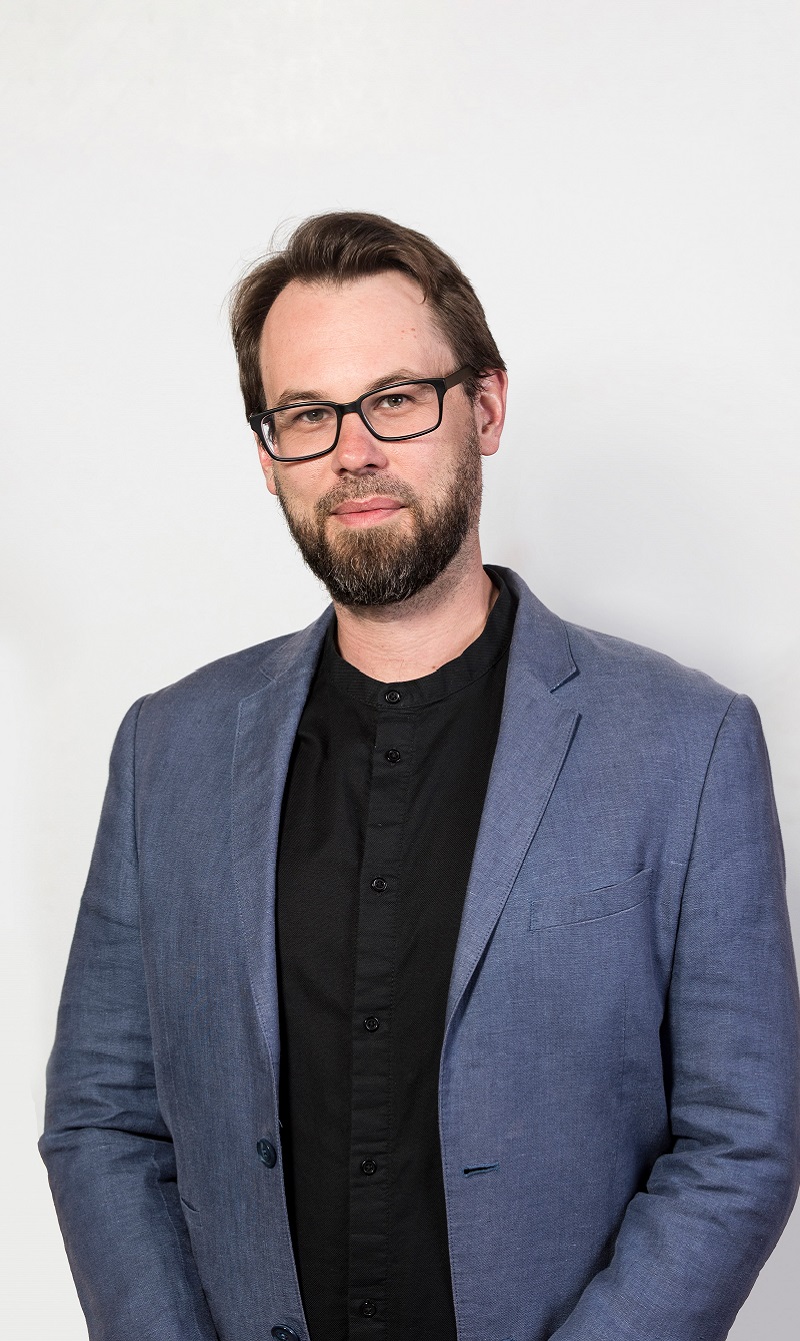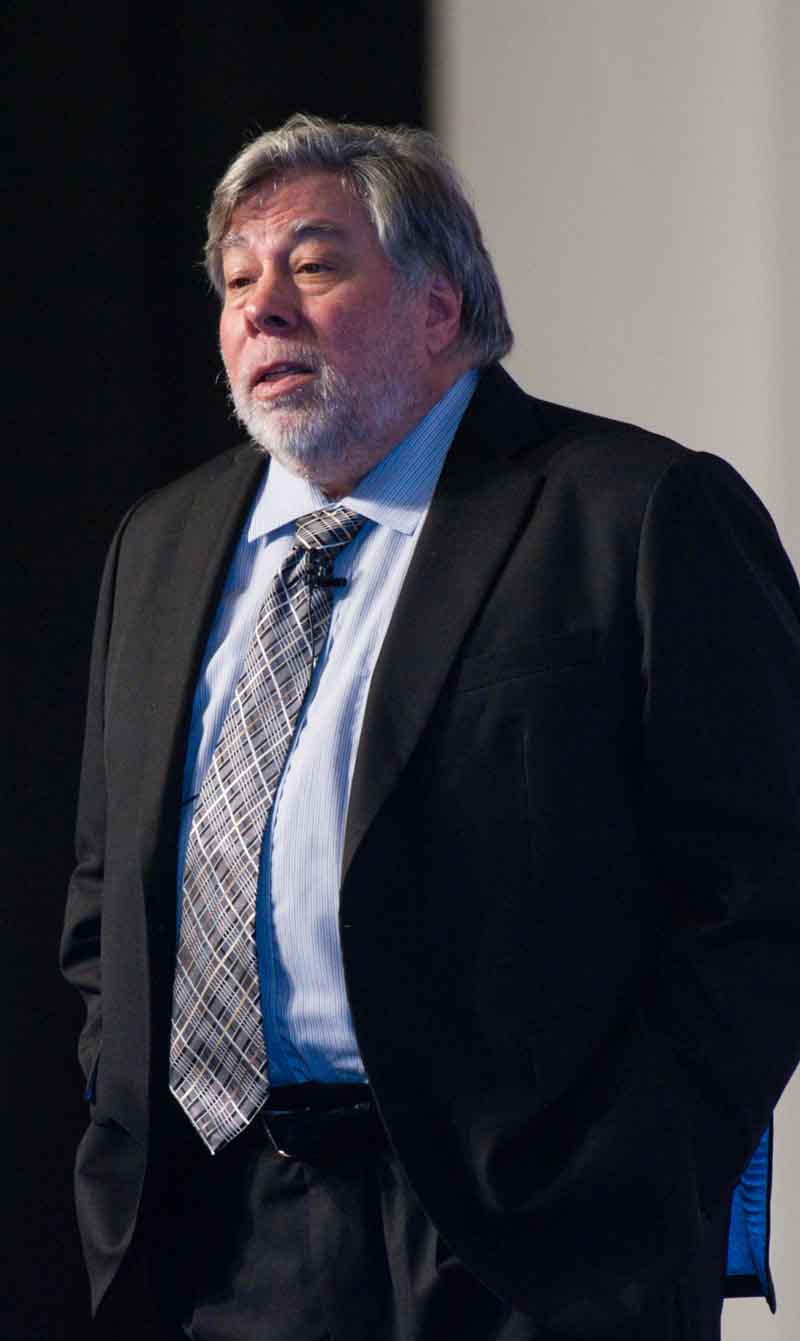Retaining young talents
All eyes are on Generation Y, the most recent crop of youths entering the job market and the world’s social platform. On one hand, young talents are considered assets to every corporation as they infuse contemporary ideas catered for future markets into current business practices.
However, Gen Y professionals are also notorious for frequently changing jobs and professions as they look for the best platforms to launch their careers. What can compel them to stay and how can companies best motivate them to unleash their potential?
Seeking answers to these questions, the 10th WIEF held a panel discussion to explore the topic of Retaining Young Talents—Policy Strategies and Innovative Models. Moderator Kamarul Bahrin Haron, Deputy Editor-in-Chief of Astro Awani, Malaysia, threw out the provocative statement that Gen Y was perceived to be very difficult to work with because of a lack of loyalty. ‘If they jump among three companies in two years, that’s a good thing. They also want more money for less [work],’ he said. In a free-flowing discussion,
the panellists and the audience debated this perception of Gen Y along with the generation’s hopes and aspirations, the challenges it faced, and how companies must adapt to get the most out of the talent and potential possessed by this cohort of young people.
A socially conscious generation
‘Gen Y is our future’ said Asil Attar, CEO of Lead Associates, the UAE. ‘They are absolutely the foundation of our sustainability. They drive innovation and they are what leads us to success.’ Chokri Mousaoui, founder and CEO of renewable energy solutions company Eternal Sun, the Netherlands, described Gen Y as being less materialistic than previous generations. ‘They want to do something that is truly socially redeeming,’ he said, noting that Gen Y was genuinely concerned with global challenges such as healthcare reform, water scarcity, depletion of energy and resources, and food and waste management. According to Magatte Wade, Founder and CEO of skincare company Tiossan, US, ‘Gen Y care about the bigger issues.’
Wade, originally from Senegal, observed that Gen Y believed in the stakeholder model rather than the shareholder model, which was passé. ‘You’re never going to get any one of us to work for you if all you care about is pro t maximisation. Profit matters, but we believe that the purpose of business is the greater good.’
Working with gen y
One of the biggest questions facing employers today is how to retain young talent. Kamarul suggested that the onus of transformation should be placed on institutions and organisations to accommodate Gen Y. ‘Do companies like Apple and Google retain more Gen Y employees because they make their organisations work for Gen Y, instead of making Gen Y work for them?’ he wondered.
Ebrahim Patel, Chairman of the WIEF Young Leaders Network, agreed. ‘Gen Y is not looking for a home. They are looking for a transition point. Unlike Gen X, who work their way up the corporate ladder in the same company, Gen Y is quite happy to work for three months in one company and three months in another while they build their experiences. They are happy to go cross-industry or cross-profession to learn new things. You have to change your company to give them the ability to get those experiences and explore their talents.’
Based on his own experiences at his first job where he was let go by his supervisor who felt his talents were being wasted, Patel added: ‘We must be able to fire our best talent. We must give them space so that they can become better—then we can attract good talent because someone will come to work for us knowing that we’ll give them the opportunity to extend their talents.’
He went a step further to suggest that companies should dismiss their CEOs after a period of five years. ‘We need to create opportunities for young people to come up the ranks and become the CEO. You also need to give them the recognition when they have brilliant ideas and bring projects to a successful conclusion.’
Patel described this as a “new partnership”, saying that ‘the careers people are entering today—the paths they are going to take tomorrow—haven’t even been invented. Business is evolving at a faster pace than ever before in history. You have to make sure that your business is able to keep pace with that change as well, in order to retain that talent.’
Attar offered a slightly different perspective, which was that retaining young talent wasn’t about Gen Y but about emotionally engaging employees in order to drive performance. ‘It’s about simple respect. I spend 100 per cent of my time engaging with, motivating, training, developing, respecting, nurturing, promoting, sharing with and rewarding every single individual in my business, regardless of generation and age.’
Wade reiterated her point about Gen Y working for the greater good: ‘You have to attract talent not with money, but purpose. People are dying for purpose and meaning. They need to feel they are part of something bigger than themselves.’
The panellists also noted that conducive working environments were important to Gen Y. Kamarul mentioned ROWE (Result-Oriented Work Environment), which was characteristic of Gen Y in that they wanted to work when and where they were most productive. Patel agreed: ‘In today’s world of technology, the boardroom is no longer a physical environment. It’s in your pocket,’ he said, holding up his smartphone.
For a Gen Y-oriented company like Eternal Sun, where a person came from or whether he or she possessed a university degree did not matter. ‘We are looking for guys and girls who like to have fun, who have good character and who get stuff done,’ said Mousaoui, whose office even housed a sheep, a cat and a dog as pets.
Making an impact
New business models are being created every day by Gen Y. Innovation is the new order of the day. When Mousaoui’s company had developed a new type of solar panel, its engineers found that there was no accurate measuring equipment available in the industry to certify the panel. ‘Being typical Gen Y, we don’t accept the status quo or take ‘no’ for an answer; so we built it ourselves—something way smarter and more cost-efficient,’ he said.
‘We’re living in a time when everyone wants things done better, faster and simpler. Get rid of all the bureaucracy. This is what intra-preneurs can do—you’re creating an entrepreneur within an organisation.’
Mousaoui’s lessons in innovation were learnt from his early days of working. ‘I was told that I was stubborn and unemployable, but that was a good thing. I couldn’t change things within a large conservative financial institution, so I started something by myself.’
He noted that this was another characteristic of Gen Y—the intrinsic need to have an impact. ‘They are also impatient. They are not going to wait until they become the CEO of a large company and then change. I will start now and I will do it by myself,’ he added.
“Intra-preneurs”: changing from within
Kamarul wondered if it was possible to nurture the development of “intra-preneurs”— entrepreneurs inside traditional organisations who were allowed to grow.
Patel assented wholeheartedly: ‘We’re living in a time when everyone wants things done better, faster and simpler. Get rid of all the bureaucracy. This is what intra-preneurs can do—you’re creating an entrepreneur within an organisation.’
Intra-preneurs should also be welcomed in government, where heads of department should be given the opportunity to be entrepreneurial in their outlook. ‘The only way to get deliverables is to get rid of the red tape and roll out the red carpet,’ he added.
Stopping the brain drain
Attar broadened the discussion further, focusing on retaining talent in within a country. She noted that good creative talents often had to leave their home country to find fame in more developed markets. She also lamented the fact that there was little domestic demand for local talent in many markets.
‘We should not continue franchising and importing. I believe in the talent of our people and in exporting that talent. But you need to have the buy-in of the country you’re in. The country has to provide the infrastructure, support and create the industry for this talent. This responsibility rests on the shoulders of the government and the private sector,’ she said.
Wade argued that young creative talents in Africa could not build brands in their own countries because there was no market for them. ‘I built my brand based on my indigenous background and then I went and sold it to the elite Americans. My friends in Africa laughed at me, at first—because if you can get an education in Africa, you become a lawyer or doctor and make a lot of money so that you can go and buy stuff from the West,’ she said.
‘What we have to do is make it cool and they will come. That’s when the system is going to start keeping our people at home,’ said Wade, whose goal is to ensure that, one day, there was at least one African brand out of 1,000 global consumer brands.
She added that nurturing a mentality and culture of entrepreneurship at a young age, starting in schools, was critical to developing new talent in a country.
Conclusion
The future is here and it lies in the hands of the Gen Y. Engaging the emerging cohort of fresh graduates does not need to be confrontational. Rather, within the framework of current corporations and even the government sector, all it takes is an understanding of what makes the youth of today tick.
Ensuring that work is able to give them the satisfaction that they seek — being productive members of society and contributing to the greater good; giving them space to innovate and make an impact—these were ways to woo and keep valuable Gen Y talent.
Ignoring the needs of the young would not only be detrimental to organisations, but to countries—many of which have already been struggling against the brain drain, losing numerous talents to places with a more suitable environment, even if it just meant a place that was ‘cool’ to work in.
___________________
This report is based on a panel discussion from the 10th WIEF, Dubai in 2014.
Photo Credit:
Christian Bisbo Johnsen





